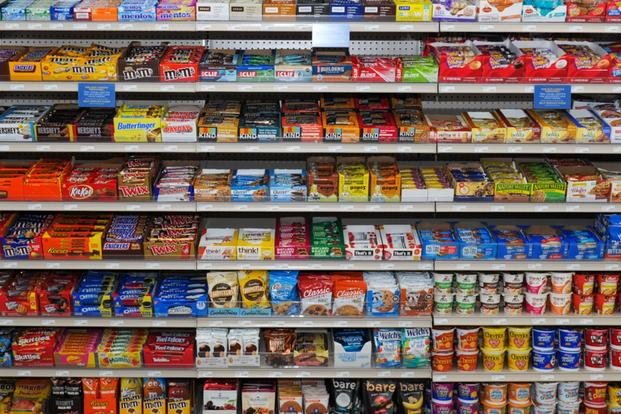FDA Issues Class 1 Recall on Popular Nut Brand Amid Global Food Safety Concerns
The Food and Drug Administration (FDA) has issued its most severe recall alert — a Class 1 warning — after more than 32,000 pounds of pecans were voluntarily recalled over fears of Salmonella contamination. The announcement has sent shockwaves through the food retail sector, with repercussions extending far beyond the United States.
Navarro Pecan Holdings, LLC, based in Texas, has pulled exactly 32,670 pounds of pecan products from shelves, citing potential health risks. The affected items were distributed not only across several U.S. states — including Texas, Minnesota, Oklahoma, Arkansas, and New Jersey — but also shipped to international markets in Italy, the Netherlands, and the United Arab Emirates.
According to FDA protocol, a Class 1 recall signals the highest level of health risk. This means there is a “reasonable probability” that use or exposure could lead to serious health consequences or even death, particularly in vulnerable groups such as children, the elderly, and immunocompromised individuals.
Health officials have warned that any surface or item that may have come into contact with the contaminated pecans should be thoroughly sanitised. Consumers who purchased the product between 15 May and 13 June 2025 are urged not to consume the nuts under any circumstance.
The threat stems from possible contamination with Salmonella, a bacterium that can cause severe gastrointestinal illness. In more serious cases, the infection may spread beyond the intestines and result in hospitalisation. The Centers for Disease Control and Prevention (CDC) has reiterated that symptoms can be especially dangerous for children and the elderly.
A Wake-Up Call for Global Retailers
The recall highlights once again the fragile nature of global food safety in an interconnected supply chain. With products crossing borders daily, a local contamination event now has global ramifications. This case reinforces the critical need for tight controls, traceability, and transparent reporting across all levels of the food industry.
Retailers are being reminded of the importance of fast and accurate recall protocols, while suppliers are under increased pressure to audit their handling, packaging, and sanitation procedures. In a world where trust is currency, food safety breaches are not just a public health risk — they are a brand killer.
For supermarket buyers, especially in international markets, this is more than a U.S. problem. It’s a sharp reminder that even trusted producers can fall short, and vigilance must remain the cornerstone of procurement strategy.
ISN will continue to follow this story as it unfolds, particularly any additional recalls or regulatory responses across the affected global markets.


